Coronavirus: The World Towards a Crisis and Global Food Security Linked to the Pandemic.
There is a risk of a « food shortage » in the world market due to the disruption related to the coronavirus in international trade and food supply chains, warned the presidents of the UN agencies and the WTO.
« Uncertainties about availability of food can trigger a wave of export restrictions », itself causing « a shortage on the world market », say in a rare joint statement the Food Organization and agriculture (FAO) led by Chinese Qu Dongyu, Ethiopian Tedros Adhanom Ghebreyesus, director-general of the World Health Organization (WHO) and Brazilian Roberto Azevedo, head of the World Trade Organization ( WTO) sent a warning message about the risk of a coronavirus shortage.
For the three multilateral organizations dealing with global health, food and trade, it is « important » to secure trade, « particularly to avoid food shortages, » said their joint text received in Paris.
According to them, it is « important » to ensure trade, « in order to avoid food shortages » especially in the poorest countries.
Perhaps targeted by this warning, Russia, the world’s leading exporter of wheat, whose Minister of Economy and Minister of Agriculture defended earlier this week plans to limit Russian grain exports to 7 million tonnes between April and June, several brokerage firms on the European wheat market told AFP.
On Wednesday, pending government approval of the proposal, Russia decided to sell one million tonnes of wheat from its own reserve stocks on its domestic market to limit the rise in domestic prices, reported Agritel law firm Wednesday morning. Enough to bring the pressure down.
In a pandemic, food has become a priority for hundreds of millions of people around the world.
« When it comes to protecting the health and well-being of their fellow citizens, countries must ensure that all trade measures do not disrupt the food supply chain, » summed up FAO chiefs. , WHO and WTO.
« It is in times like these that international cooperation is essential, » they said.
« We must ensure that our response to the Covid-19 pandemic does not unintentionally create unjustified shortages of essential products and exacerbate hunger and malnutrition, » they conclude.
« We are only at the beginning of this crisis, » said economist Abby Abassian, saying that it is not a production crisis, but above all a transport and logistics crisis.
After the 2007 financial crisis, « a few rice-producing countries like India and Vietnam have placed export restrictions because they were concerned about rising prices, which in turn pushed up world prices , and helped create hunger riots in some developing countries, ”said Abby Abbassian, FAO chief economist, interviewed by telephone by AFP in Rome.
Views: 0


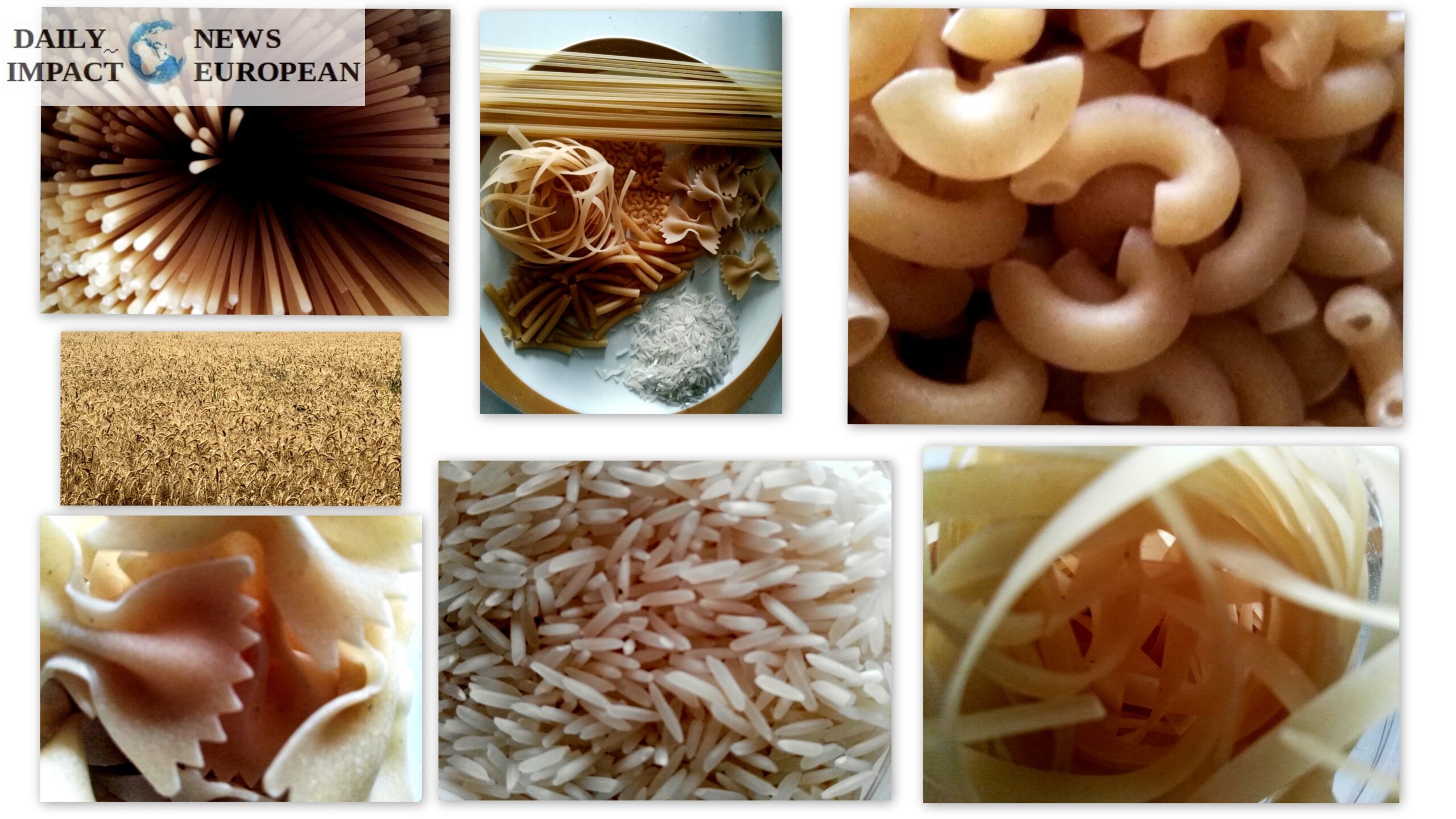

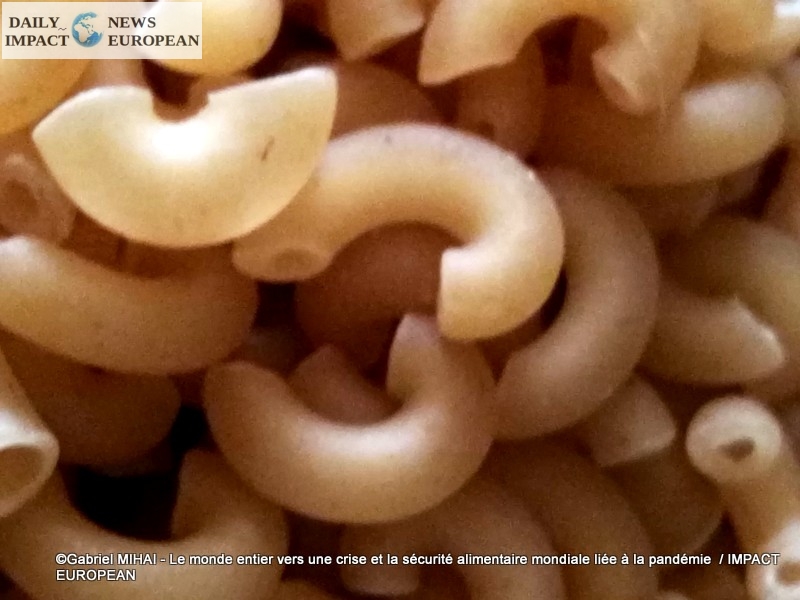
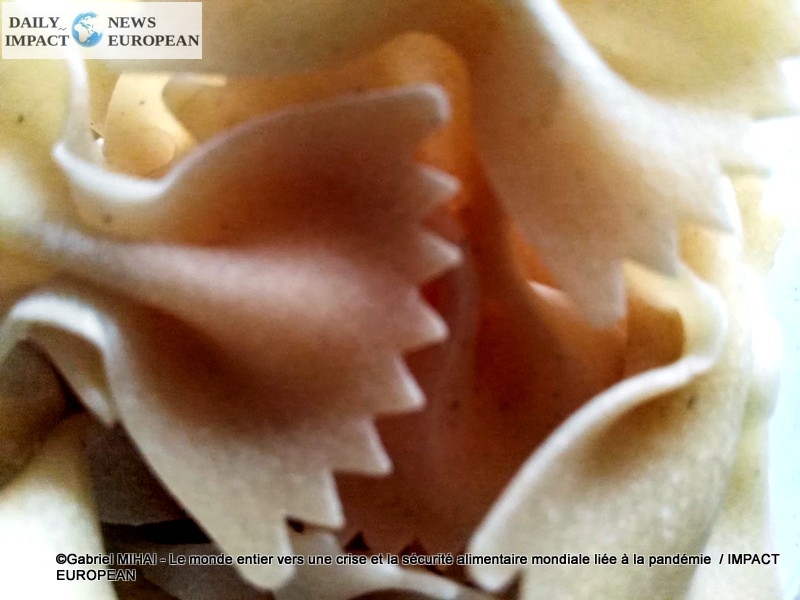
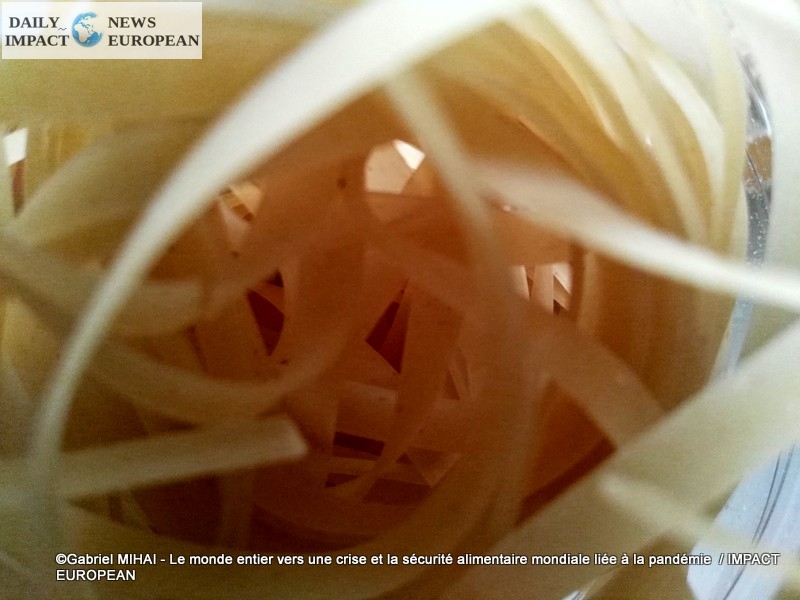
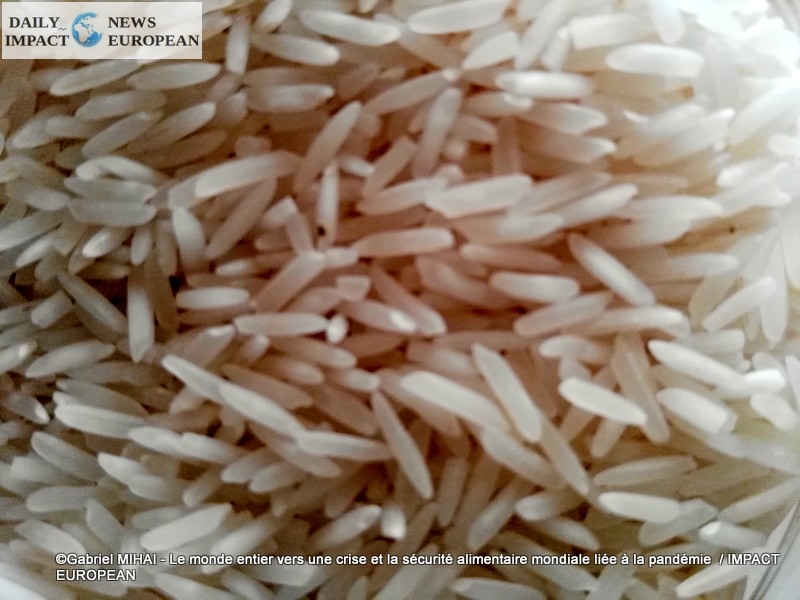
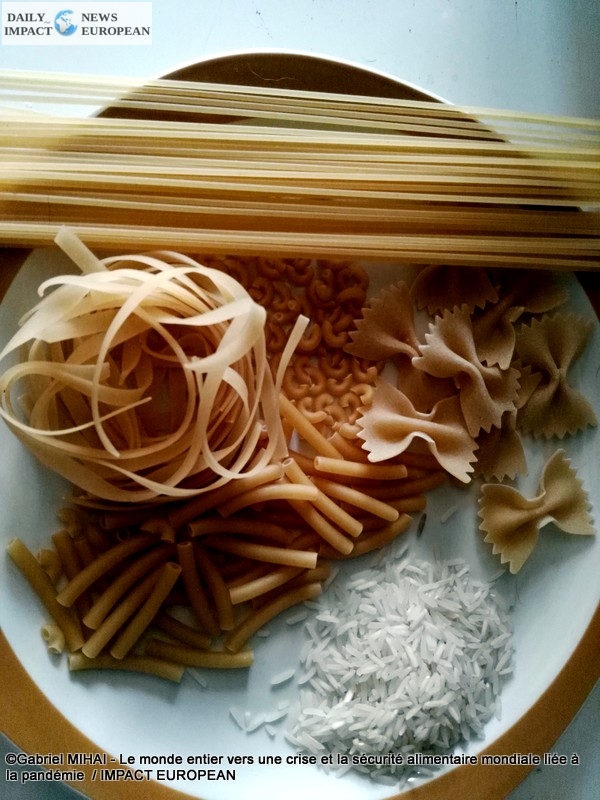
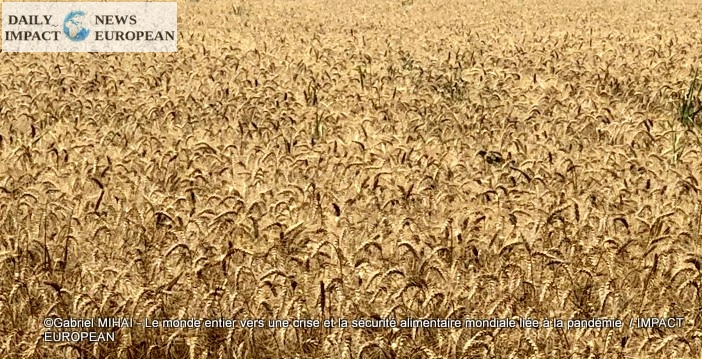
More Stories
Phenom 300E: The World’s Leading Light Jet for 14 Consecutive Years
Coutures: Angelina Jolie Stuns at the Paris Premiere
Ranking of French Cities by Rental Yield